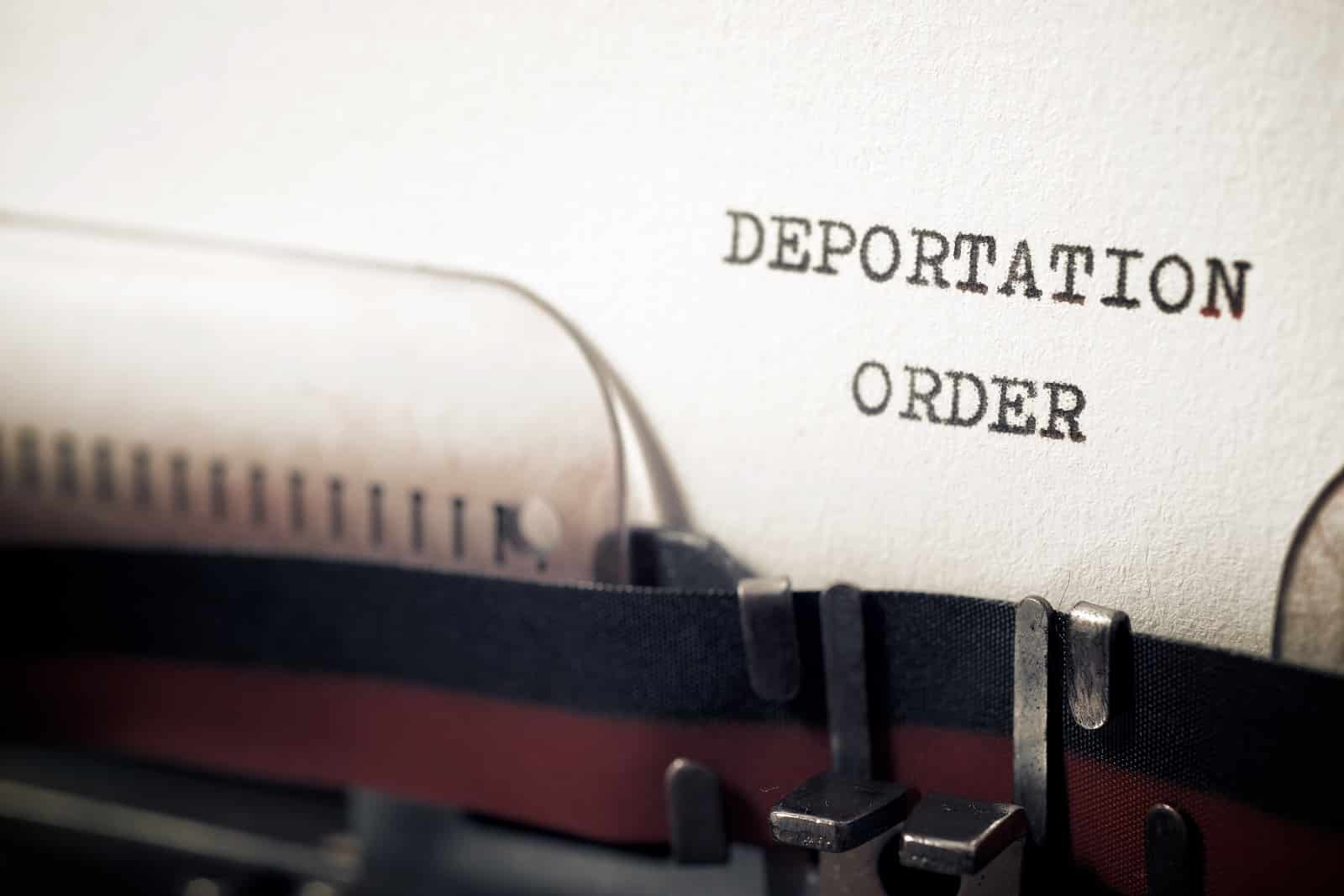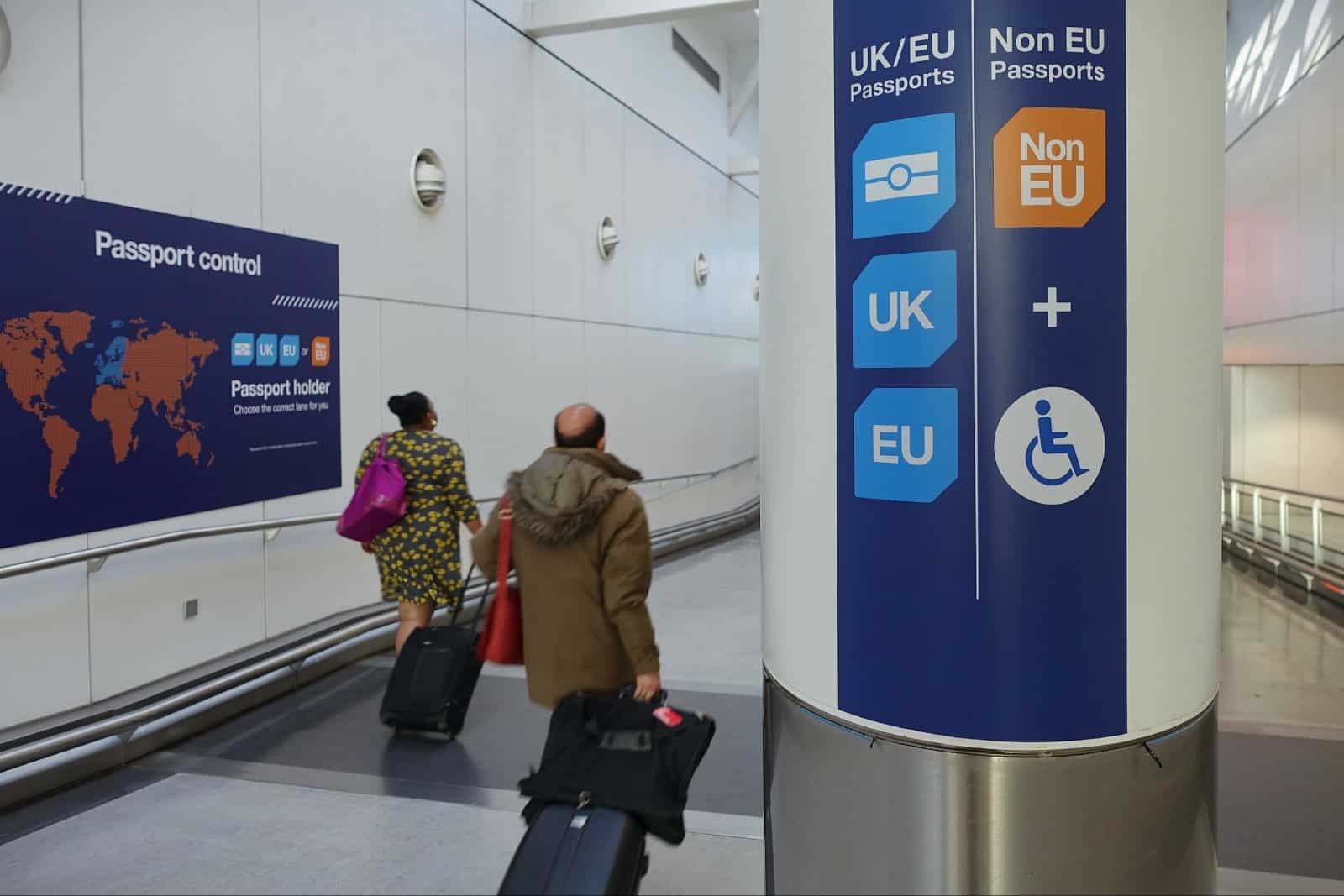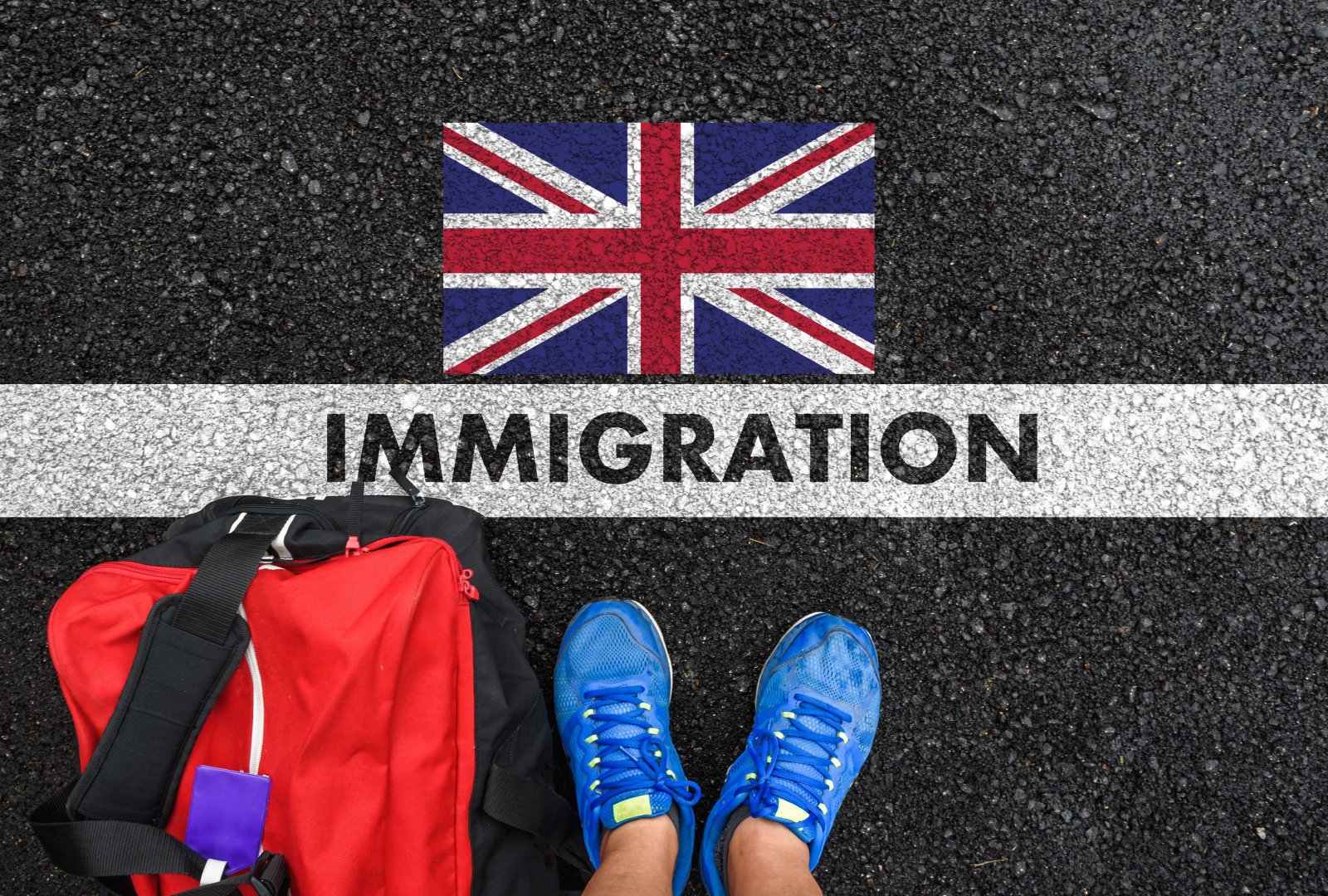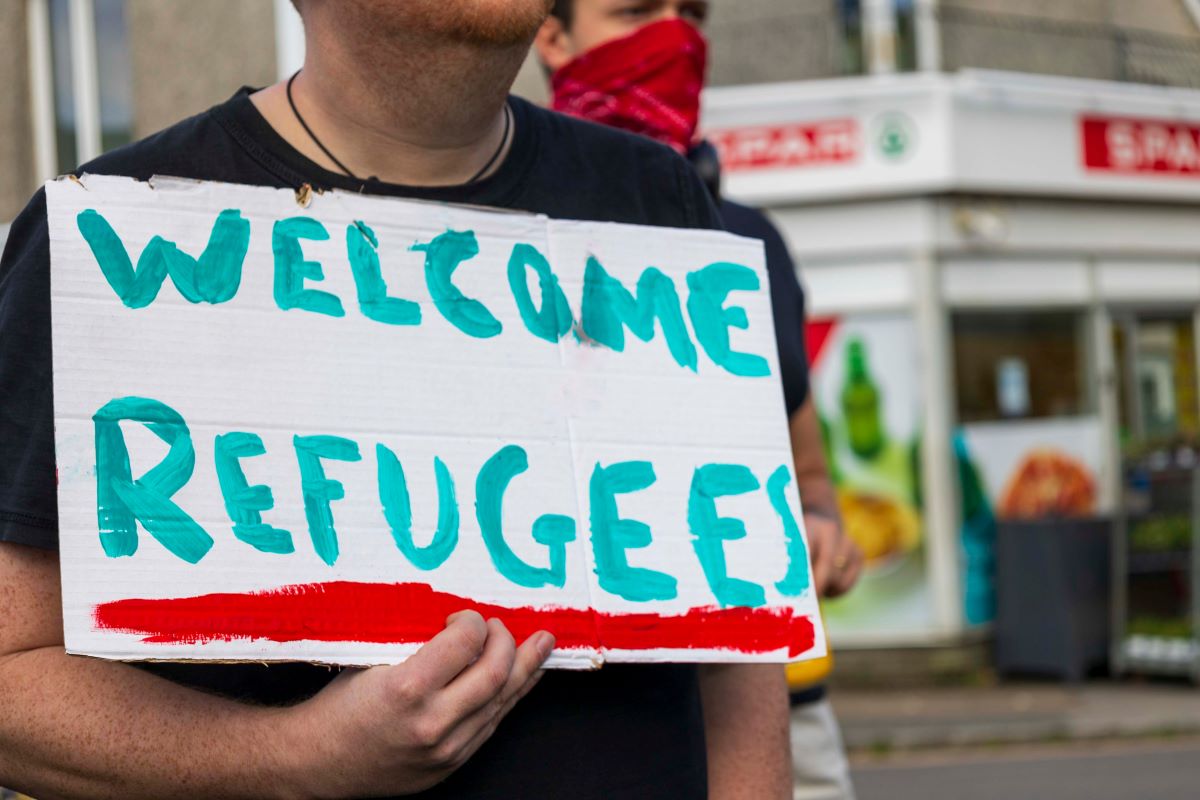Navigating the tangled landscape of UK immigration policies can feel as daunting as a stroll through a maze. Here’s a precise breakdown of where each major party stands, highlighting their diverse approaches through their policies on various aspects of immigration.
1. Conservative Party – “Australia-Style Points System,”

The Conservative Party endorses an “Australia-style points system,” designed to manage the flow of skilled workers based on the economic needs of the UK. This system prioritises immigration applications from individuals with skills in high demand, aiming to enhance economic contributions.
2. Conservative Party – Asylum Offshore

Regarding asylum seekers, the Tories aim to tighten the application process and expedite deportations for failed claims, citing the need to deter non-genuine cases. They propose offshore processing centres to handle applications before entrants reach the UK.
3. Conservative Party – EU

For Europeans post-Brexit, the Conservatives have ended freedom of movement and integrated EU nationals into the new points-based system. They established the EU Settlement Scheme to secure residency rights for EU nationals who were in the UK before Brexit.
4. Labour Party – “Fair and Reasonable”

Labour promotes a compassionate approach that includes scrapping the Immigration Health Surcharge for NHS workers, aiming to create a “fair and reasonable” immigration system. They believe in protecting the rights of workers who contribute significantly to public services.
5. Labour Party – “Family First”

They plan to facilitate family reunification by removing minimum income barriers and reducing visa wait times, making it easier for families to live together in the UK.
6. Labour Party – Meeting Expectations

On refugee rights, Labour commits to maintaining the UK’s international obligations and improving refugee integration with policies designed to enhance access to education and employment.
7. Liberal Democrats – Advocacy

The Liberal Democrats are committed to dismantling the “hostile environment” policy and advocate for reducing the use of detention in immigration cases. They aim to create a more welcoming and humane immigration system.
8. Liberal Democrats – Safety Focussed

They propose establishing safer and more legal routes for asylum seekers, which include increasing the involvement of local authorities in the resettlement process to ensure effective integration and support.
9. Liberal Democrats – Time Limits

The party also supports the introduction of a time-limited two-year visa for EU nationals post-Brexit, to help businesses and communities adjust to the new immigration landscape.
10. Green Party – Routes to Citizenship

The Greens advocate for significant reforms including easier routes to citizenship and the abolition of the detention estate. They view immigration as an opportunity to enrich the UK both culturally and economically.
11. Green Party – More Refugees

They propose increasing the acceptance of refugees and dispersing support more evenly across the UK, ensuring that no single community is overwhelmed.
12. Green Party – Families Reunited

The Green Party also supports the removal of barriers to family reunification, emphasizing the importance of keeping families together as a human right.
13. Scottish National Party (SNP) – Calling the Shots

The SNP argues for devolving immigration powers to Scotland, asserting that Scotland’s demographic and economic circumstances necessitate a different approach to immigration than the rest of the UK.
14. Scottish National Party (SNP) – Immigrants Welcome

They promote a visa system tailored to the needs of Scottish industries and communities, particularly to address population decline and skills shortages in rural areas.
15. Scottish National Party (SNP) – EU Focus

SNP policies also focus on safeguarding the rights of EU nationals in Scotland, emphasizing a welcoming stance towards European immigrants post-Brexit.
16. Democratic Unionist Party (DUP) – Border Control

The DUP supports a strict immigration policy that emphasizes the UK’s need to control its borders post-Brexit. They advocate for policies that prioritize economic benefits while maintaining cultural integrity.
16. Democratic Unionist Party (DUP) – Protecting the Union

They are particularly focused on ensuring that any immigration policy supports Northern Ireland’s economic and social needs without compromising security. The DUP also calls for a UK-wide approach to immigration that considers the specific needs and circumstances of Northern Ireland, particularly in relation to its land border with the Republic of Ireland.
A Jigsaw Puzzle of Policies

From tightening borders to embracing global talent, the UK’s political landscape presents a spectrum of views on how to handle immigration. Each party’s policies reflect a broader vision for the country’s future, underscoring the complex interplay between national security, economic needs, and humanitarian responsibilities.
Featured Image Credit: Shutterstock / Jory Mundy.
For transparency, this content was partly developed with AI assistance and carefully curated by an experienced editor to be informative and ensure accuracy.

